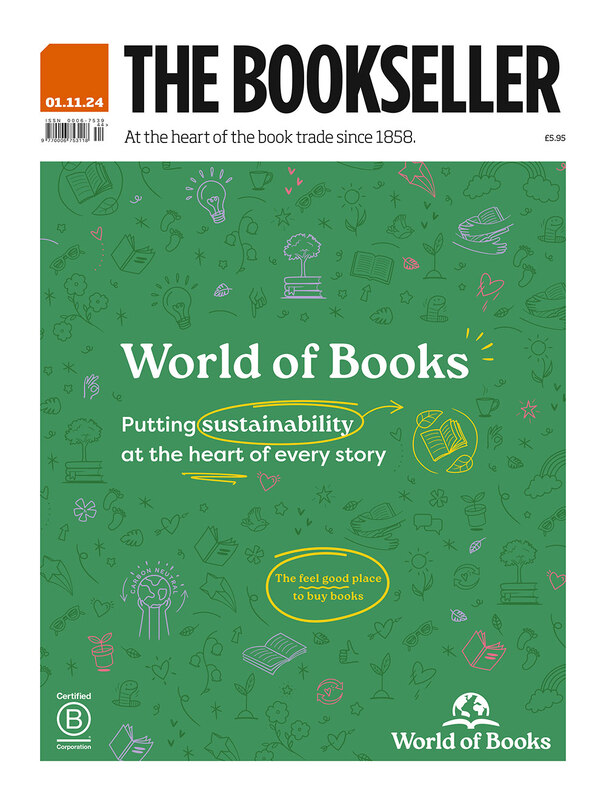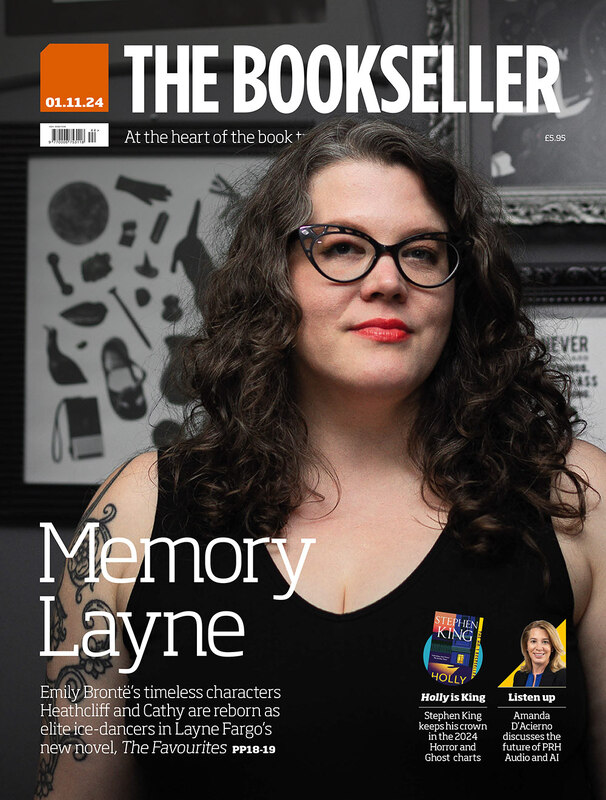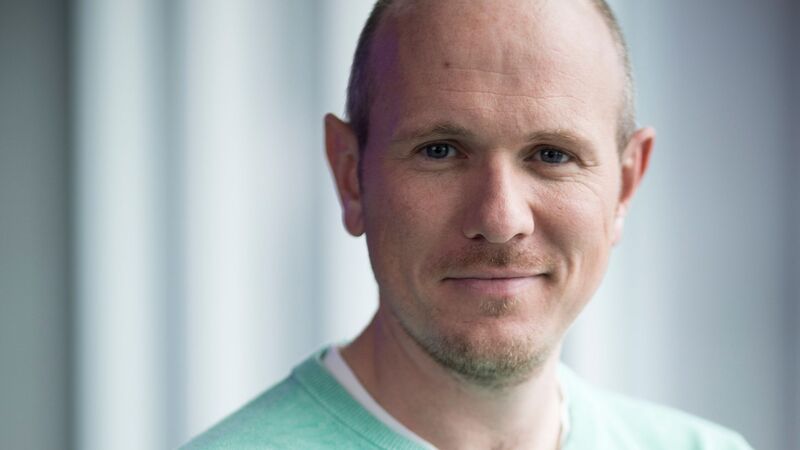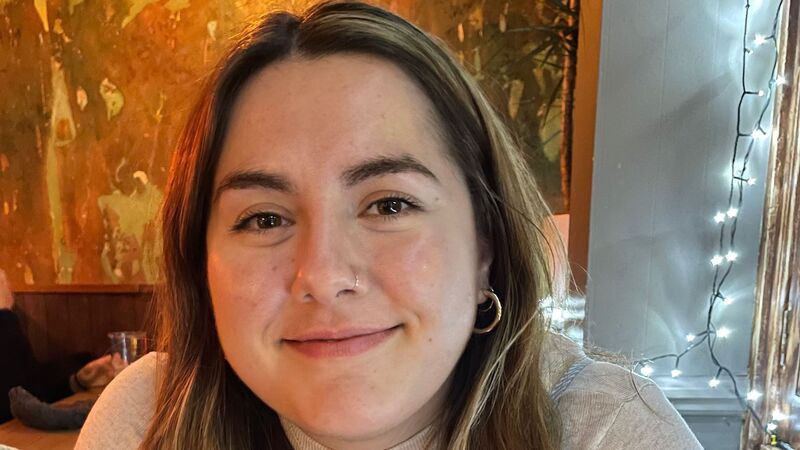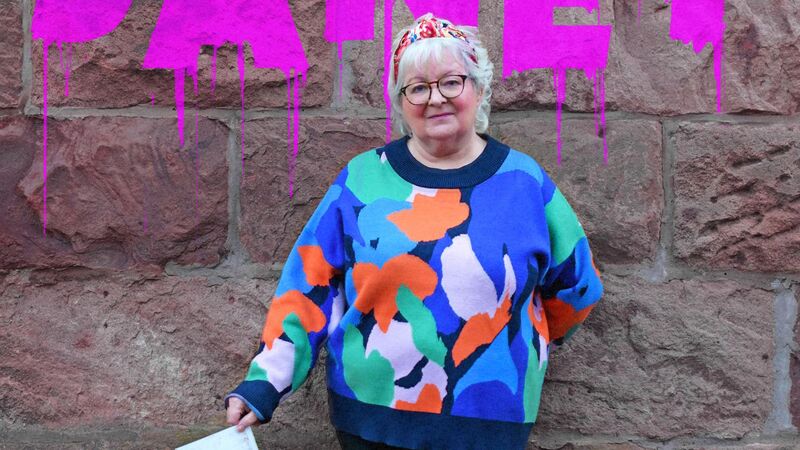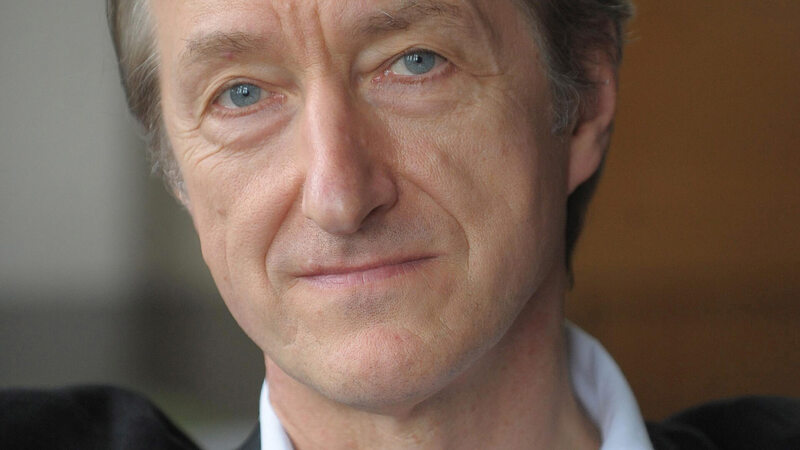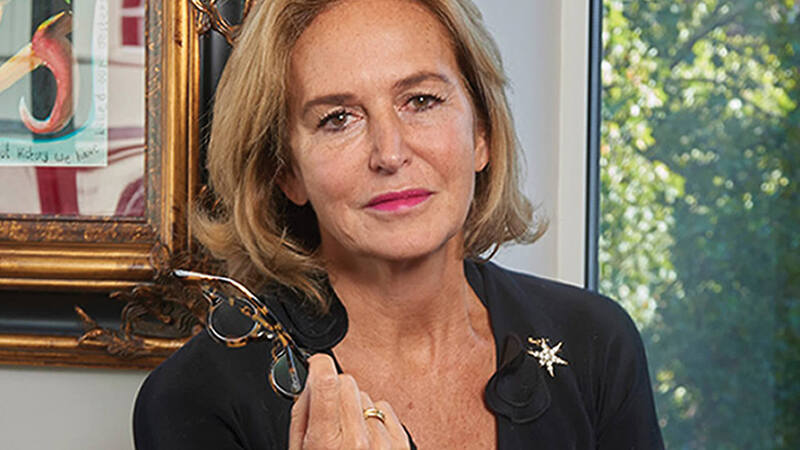You are viewing your 1 free article this month. Login to read more articles.
The lost books
My second book was due out on 9 July 2020. Then, like a lot of authors, I got an email from my publisher: “I am writing with the inevitable news that we are going to be postponing publication of Don’t Applaud...”
My second book was due out on 9 July 2020. Then, like a lot of authors, I got an email from my publisher: “I am writing with the inevitable news that we are going to be postponing publication of Don’t Applaud...”
That was in April 2020. The shops were shut. Wholesalers were shut. Amazon wasn’t stocking new books. The publisher’s warehouse was understaffed. I asked if it was better to go ahead as planned. My thinking was that lots of books were postponed so coverage might come easier. But the risk was zero sales. It was postponed until 27 August, when publishing’s sluice gates reopened. It’s been lost ever since.
When it came out, friends looked for it in some London bookshops, big and small, but told me they couldn’t find it. With my first book I travelled to London regularly - to pick up a prize, to do an interview, to meet TV producers - so I was able to look for it myself. With this one there was no travelling, due to the pandemic. Instead it was all done via awkward messages, like a friend who runs an independent bookshop and had no idea my book had been published. Relatives couldn’t find it in their local bookshops. It was humiliating.
I looked for it in bookshops around me in Newcastle. It wasn’t in any independent shops I went to. It wasn’t in the Waterstones in Gateshead. It wasn’t in Blackwells. I found a single copy upstairs on the ‘Smart Thinking’ shelf in Waterstones in Newcastle. It’s still the only copy I’ve ever found in a bookshop. More recently, I asked a few shops via Twitter if they had it. A kind manager at Waterstones Piccadilly said they did. The London Review Bookshop sent me a photo - that helped so much, just to see it.
What about coverage? My first book was excerpted in the Observer, reviewed in most national newspapers in the UK, and was in the political weeklies and literary journals. This one wasn’t reviewed in any English newspapers. Thankfully it was in the Herald and Irish Times; it got a joint review in the Spectator; the TLS ran a spread; the Telegraph wrote about it; UnHerd ran a piece; the Atlantic covered it; Helen Lewis put it on her newsletter; and podcasts like "Backlisted" talked about it. I appreciate all that, now more than before, but at the gateway to the book world, the Guardian website, it does not exist. Nor at the Times. A kind Guardian staffer said not to take it personally. Impossible of course.
There were no events, at least no real ones. With the previous book I talked about it in Glasgow, Edinburgh, at universities, on the Southbank, in libraries. I stayed in hotels and sat on trains and signed copies. This time there was no launch. I haven’t signed a single copy. An appearance at the Edinburgh festival was cancelled - the validation of the author’s lanyard, the audience, all gone. I tweeted about the appearance being cancelled, just to make it real. One event switched to online, then got cancelled. Tickets weren’t selling. They still paid me, thank god.
Another event did go ahead. It was remote, everyone on screens. I was interviewed by the Times’ comedy critic in front of a small online audience. Before the event he asked for a copy of the book. Two weeks later he was still asking. It was a warehouse problem apparently, due to the pandemic. I ended up ordering him a copy via Amazon, though it got there too late for him to finish it before the event. I enjoyed it and they paid me, but did I buy more books for that event than I sold?
So self-promote, yeah? Get online. Pivot. I was interviewed by podcasts for my book, all remote (one was never released due to their audio problem), and realised it was a good way to raise my profile and sell some books. So I started interviewing authors for my own podcast this year, but months later, the audio files are still not edited. Learning to produce is slow. With three kids and no money for after-school care, the days are short. Creating free content while doing a PhD, teaching, completing paid work, and being a dad, is impossible, virtually. I’ll get it done, but I wish I was quicker.
There was generous support for the book. Comedians, writers and journalists mentioned it publicly. A few people asked for copies then never mentioned it again. Did they never receive it? Was it a warehouse problem again? Or was it a book problem? It makes you paranoid when your book exists so faintly. When people ask how it did, I tell them honestly, then reel off all its flaws - the structure, the style, the story - because I assume they’re thinking it did badly because it was bad. Maybe they’re right. Maybe the pandemic is an excuse. I don’t know.
The other thing people ask is what my next book will be about. The publishing team in America said they hoped I was well along with it because they’re building my reputation there. There is no next one, of course. It’s too devastating. Like other authors, I now worry that I will not receive any royalties from this book. I worry that it will harm my chances of getting another book deal. I worry that any deal I get will be worth less than I need it be. I worry that if I spend years writing another book, the same will happen again.
It’s not just the pandemic, I know that. Some books did well. My book may have bombed regardless of lockdowns, but I have no doubt that the competition for coverage, broken distribution and cancelled events hurt its chances. My hope now is that the industry might give such books a second chance. Maybe a journalist will do a round-up, but instead of ‘summer reads’, it might be ‘the lost books of the pandemic’; or maybe bookshops will put tables out for them; or maybe event bookers will look back as well as forwards for a while. I just want readers to know these books exist.
Andrew Hankinson is a freelance journalist and author of Don’t Applaud. Either Laugh or Don’t. (At the Comedy Cellar).

